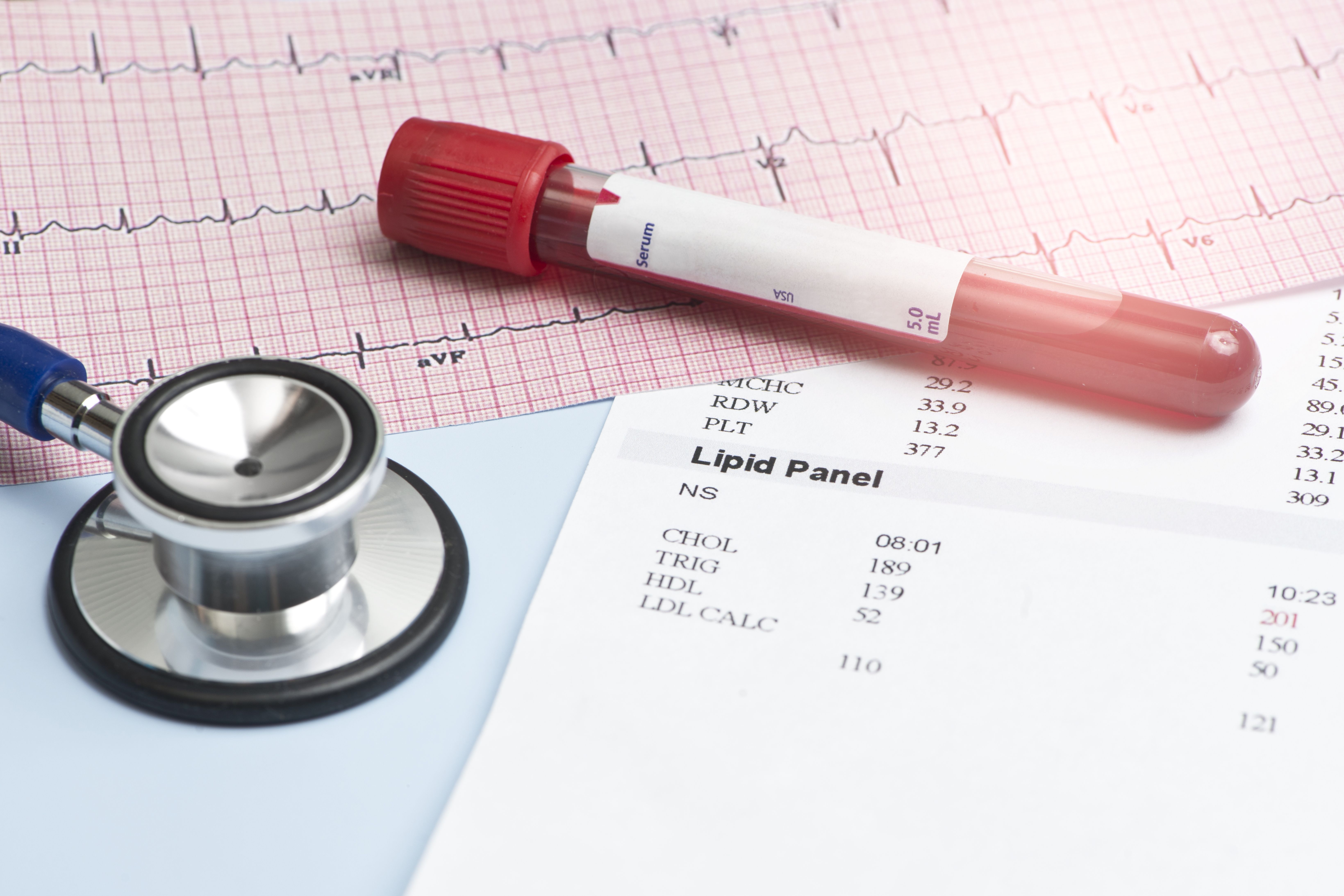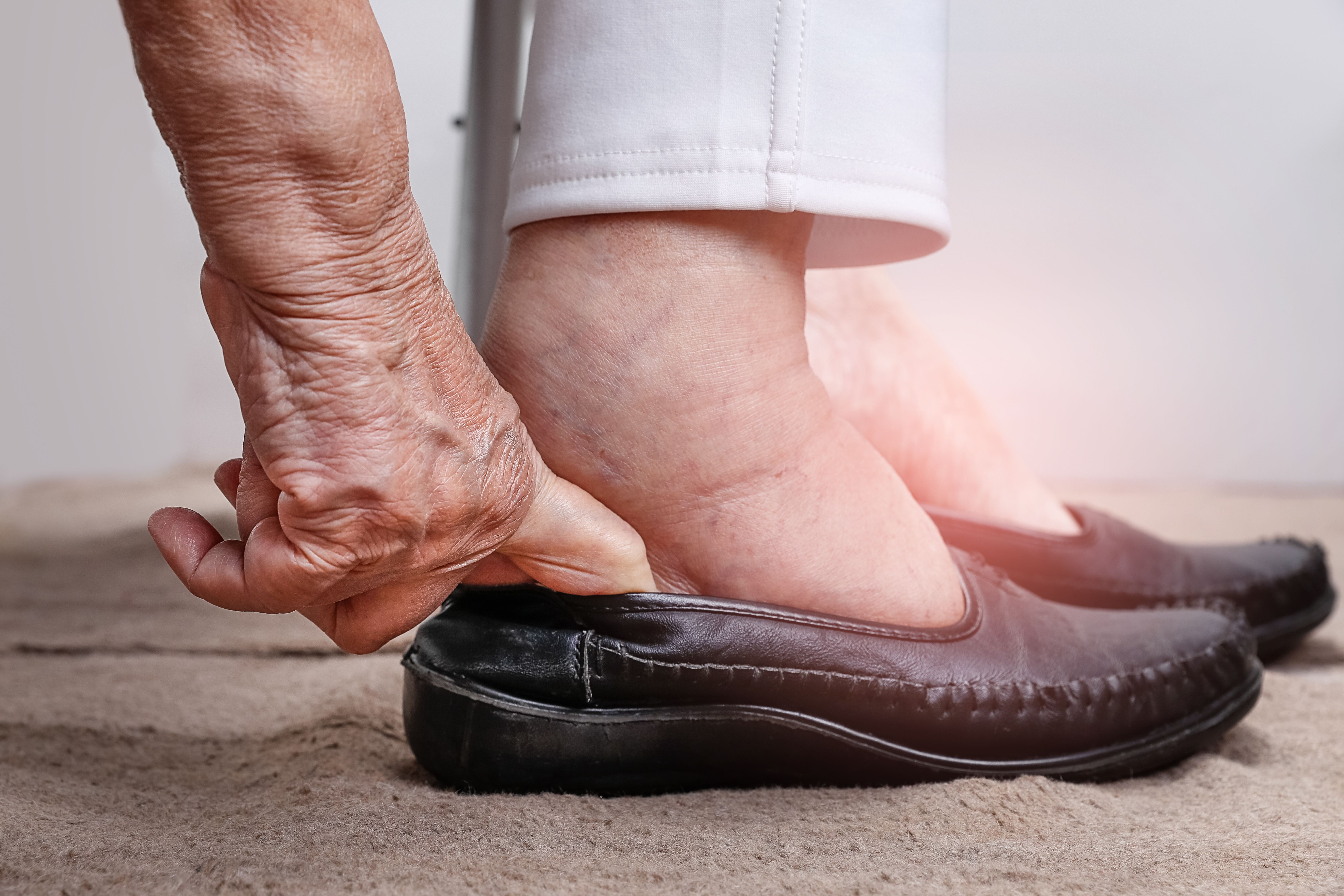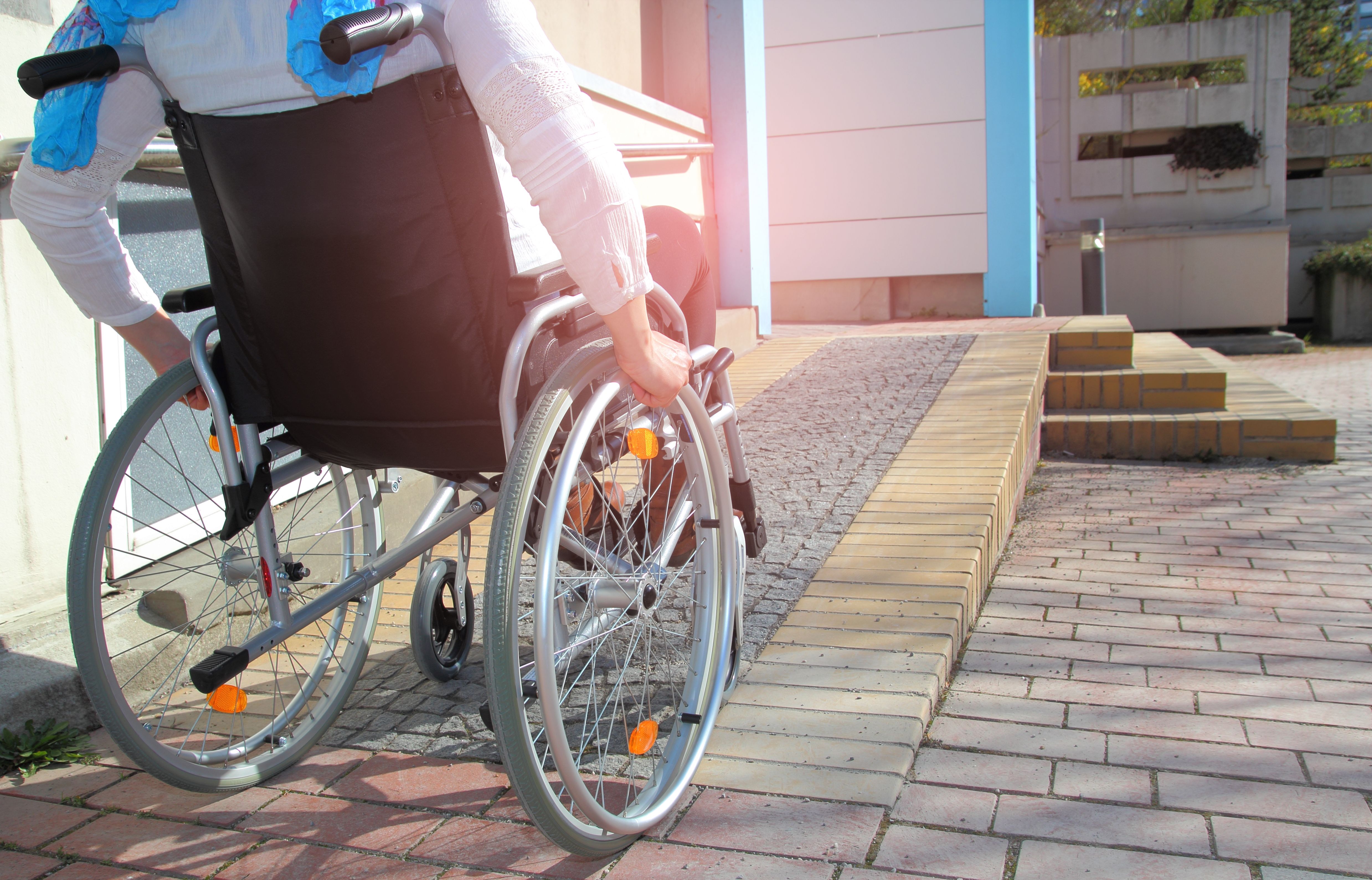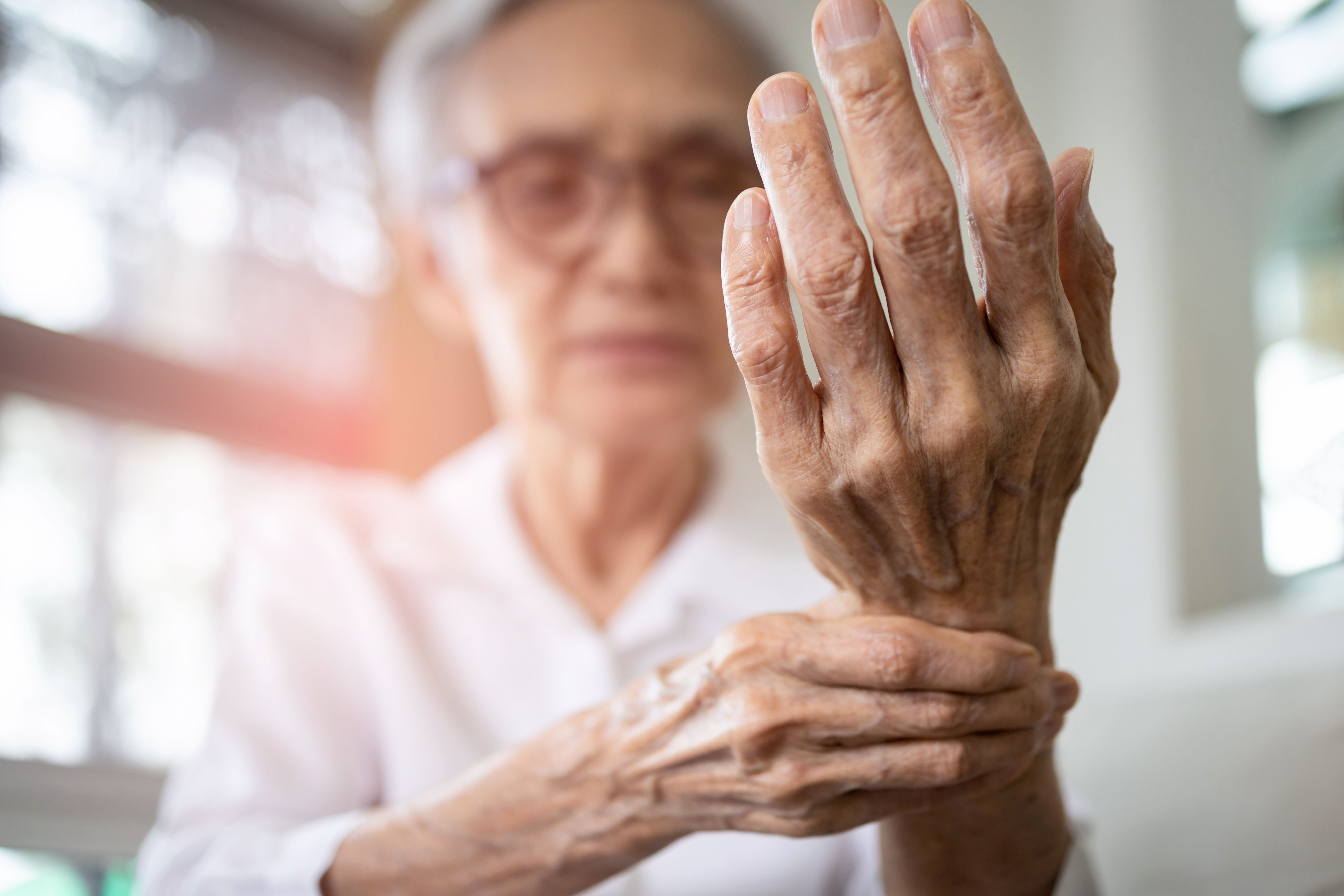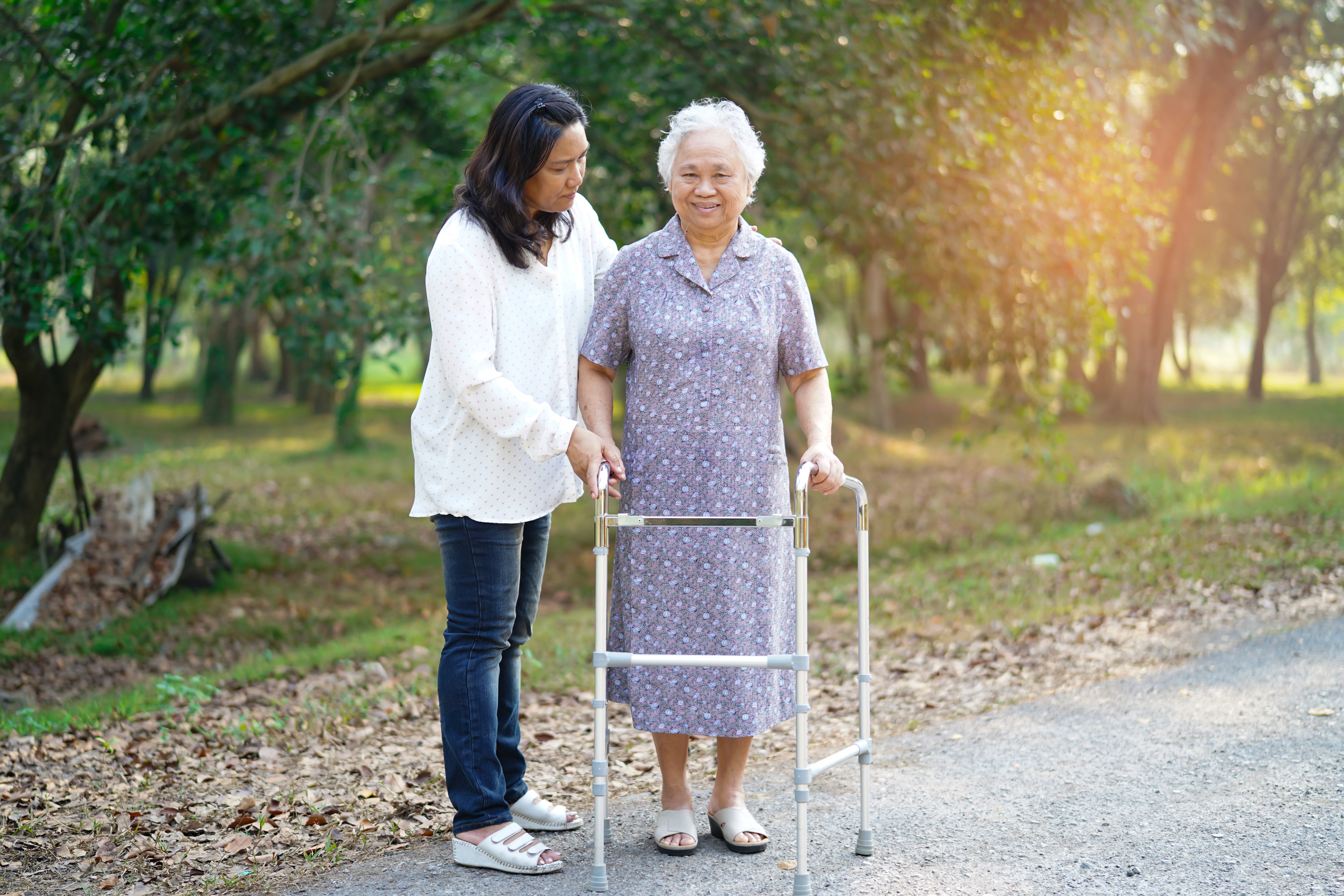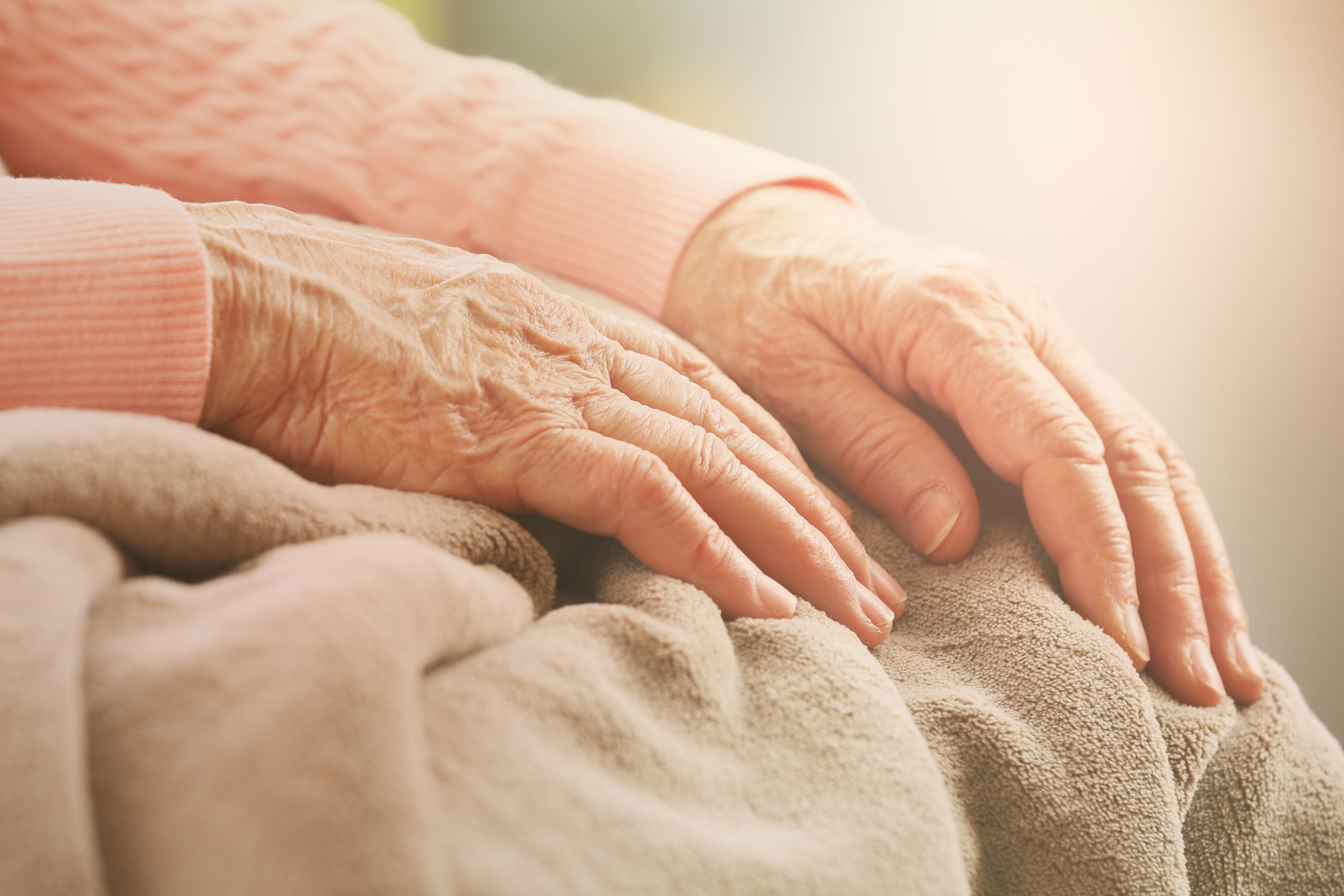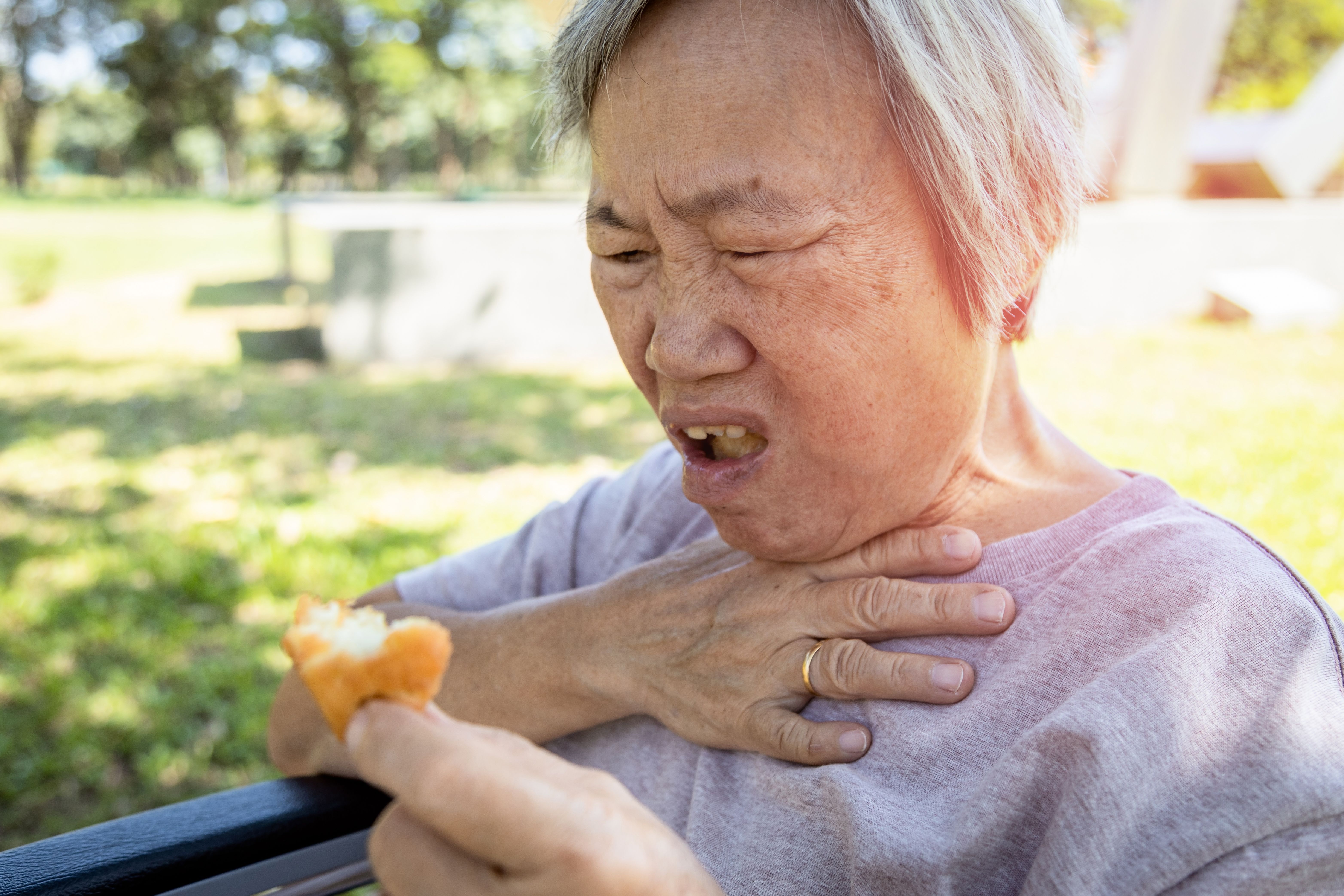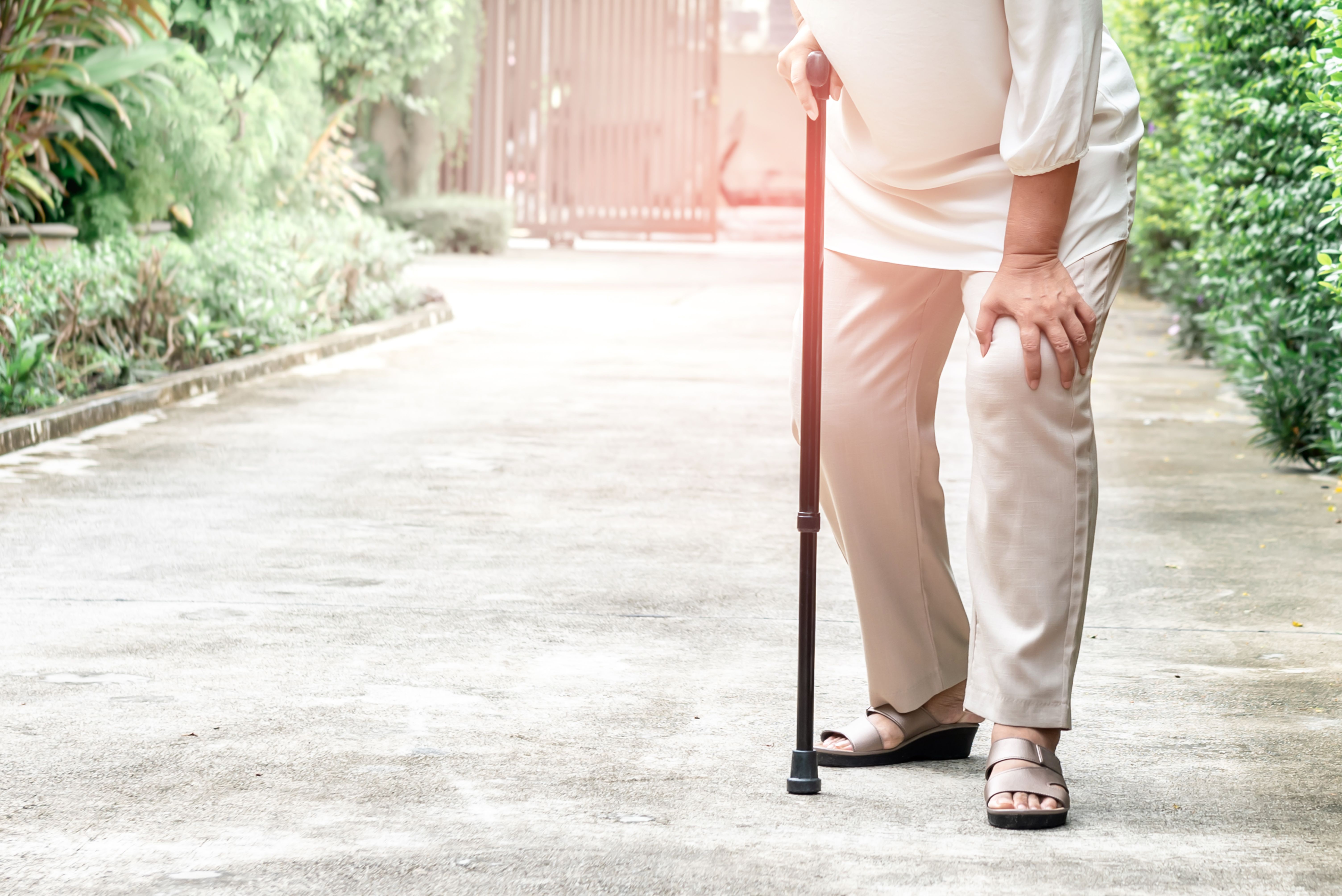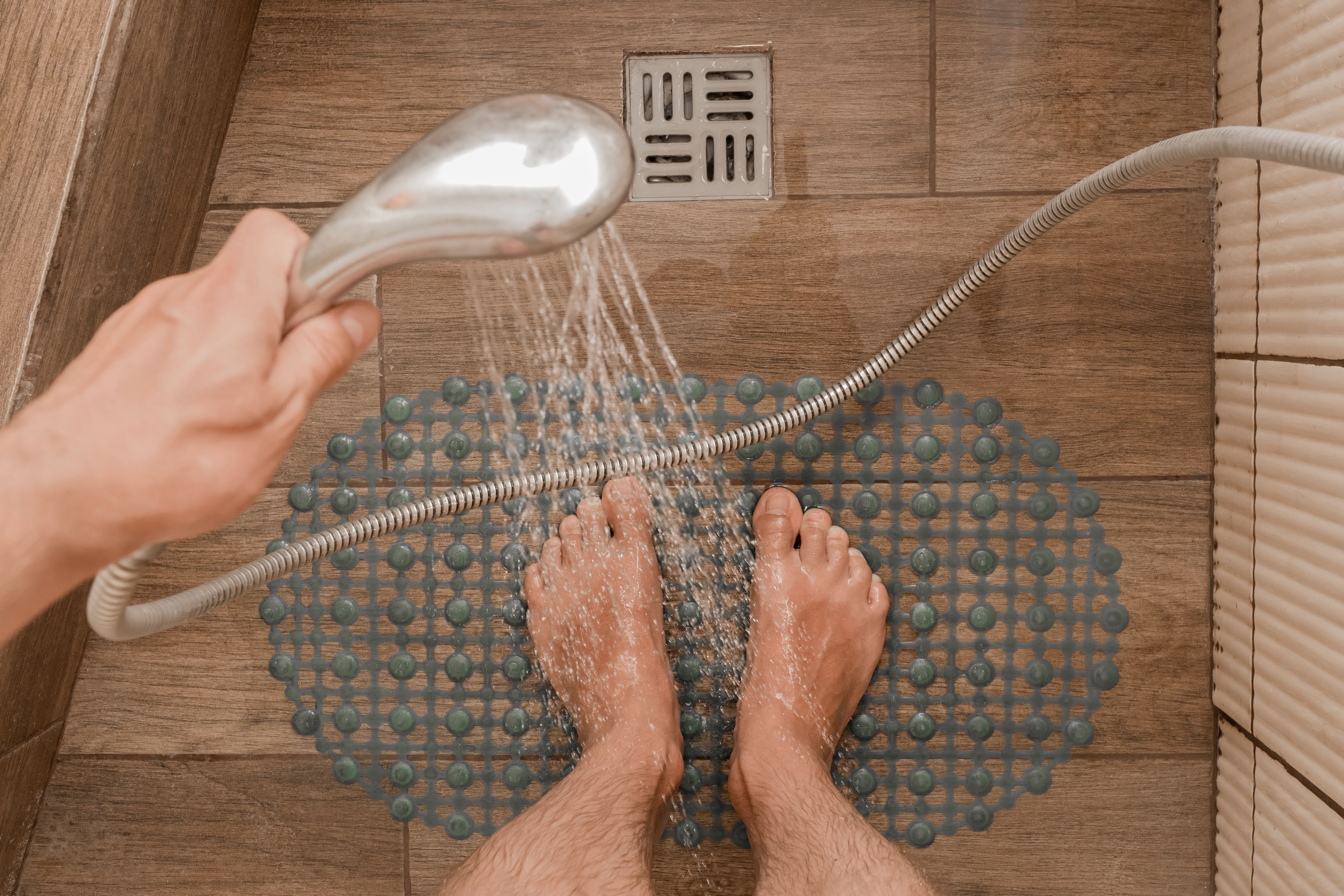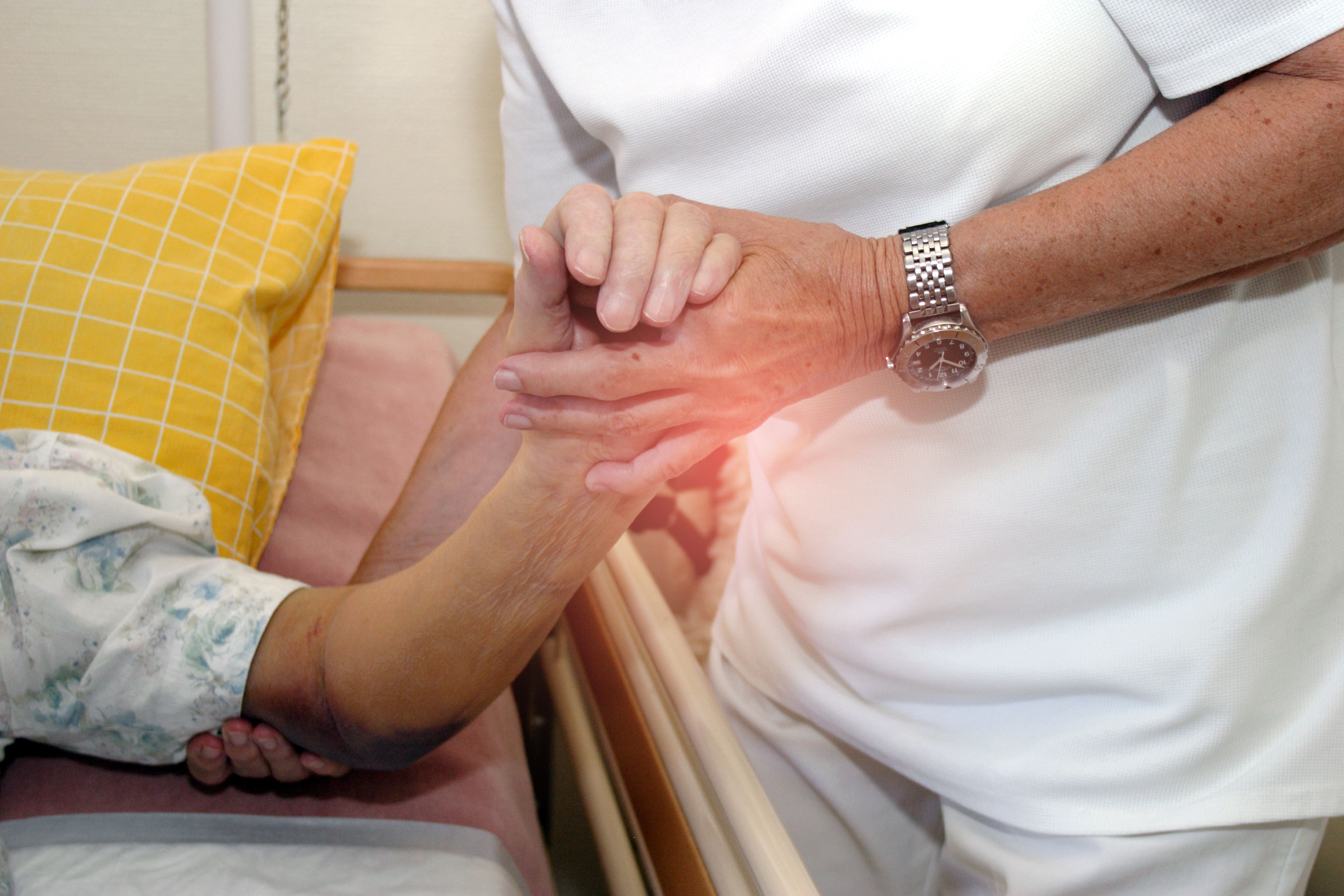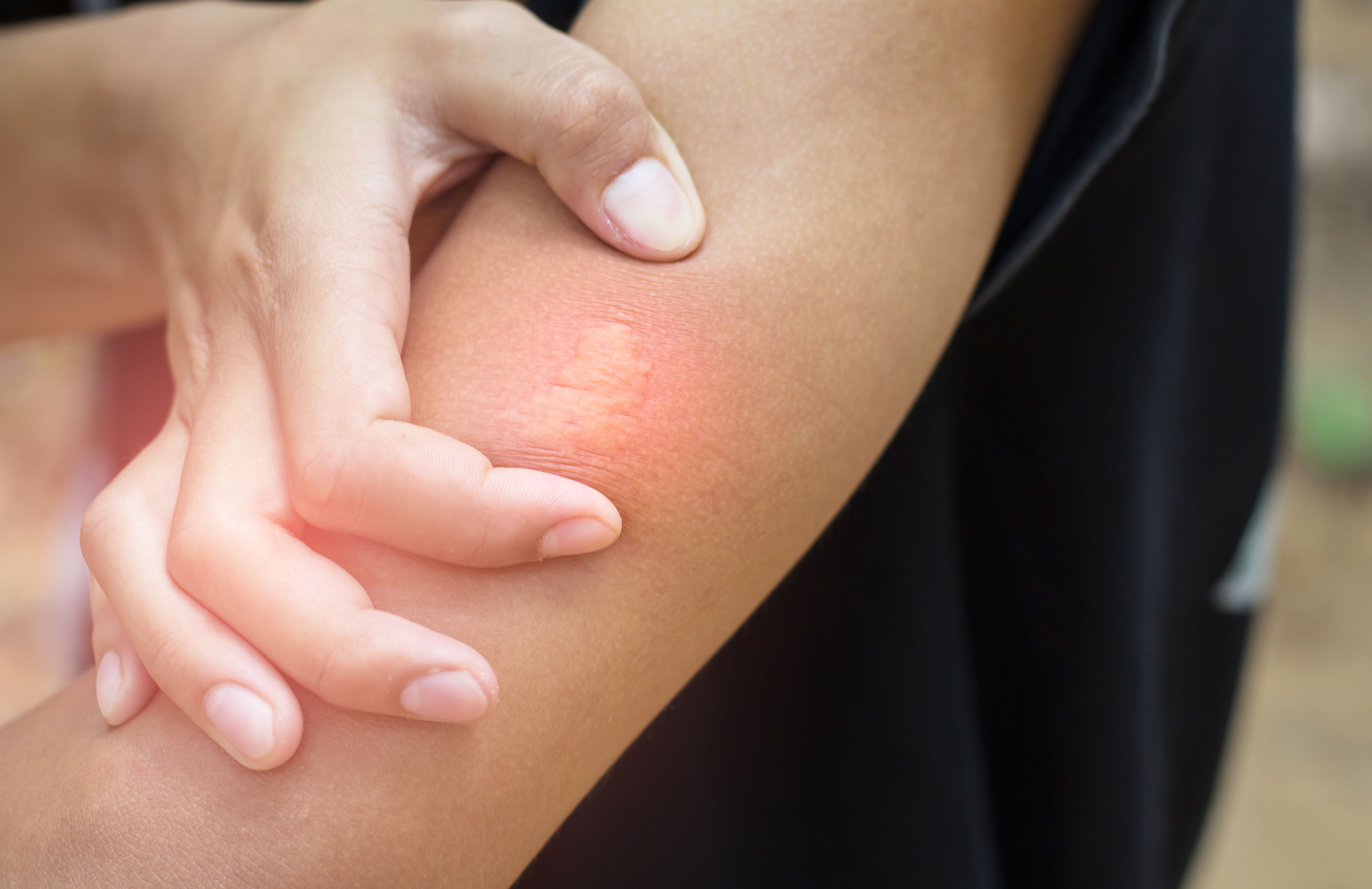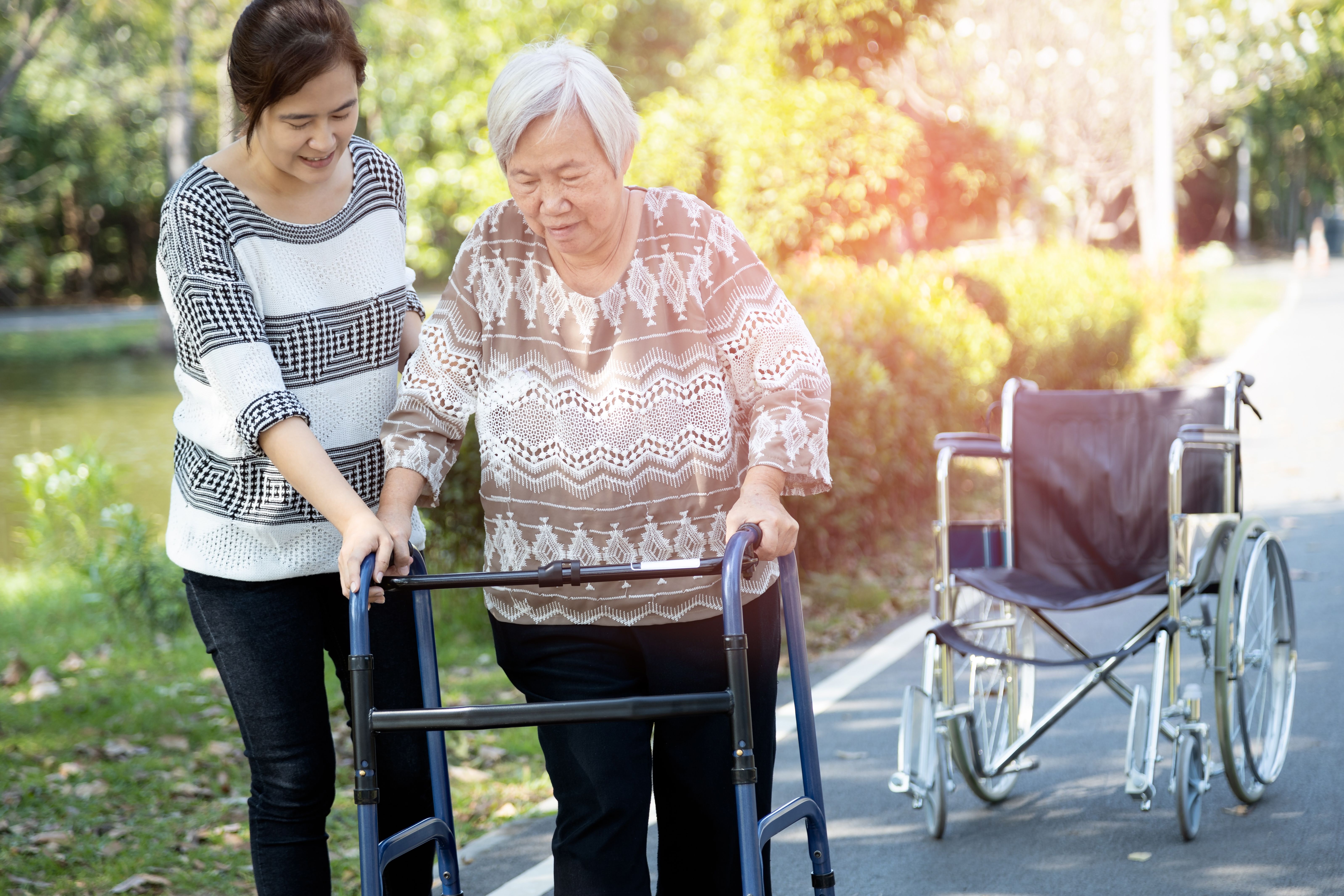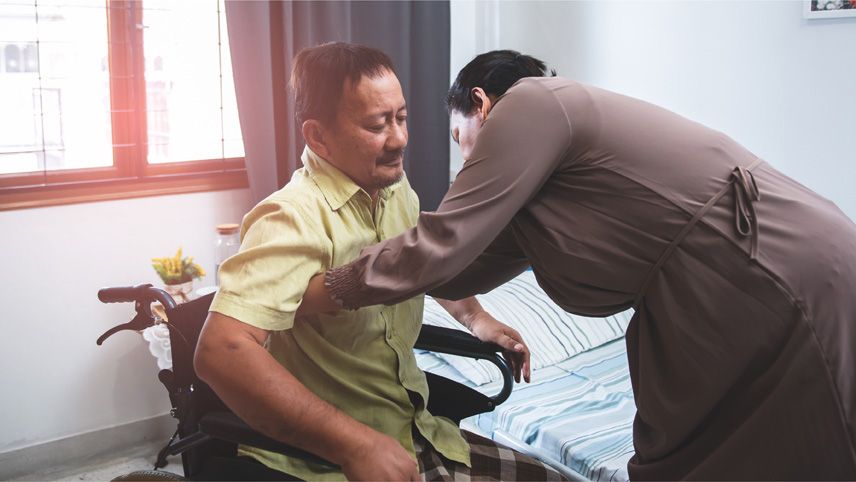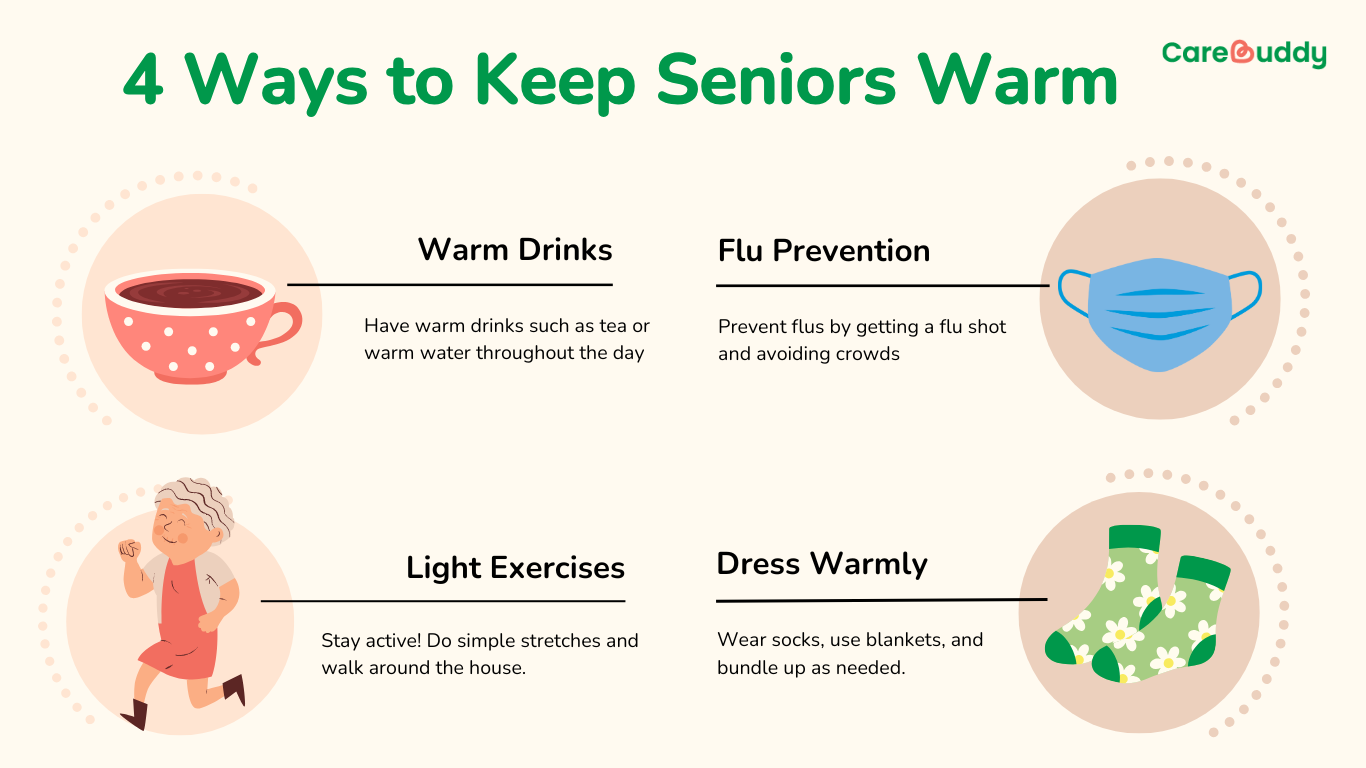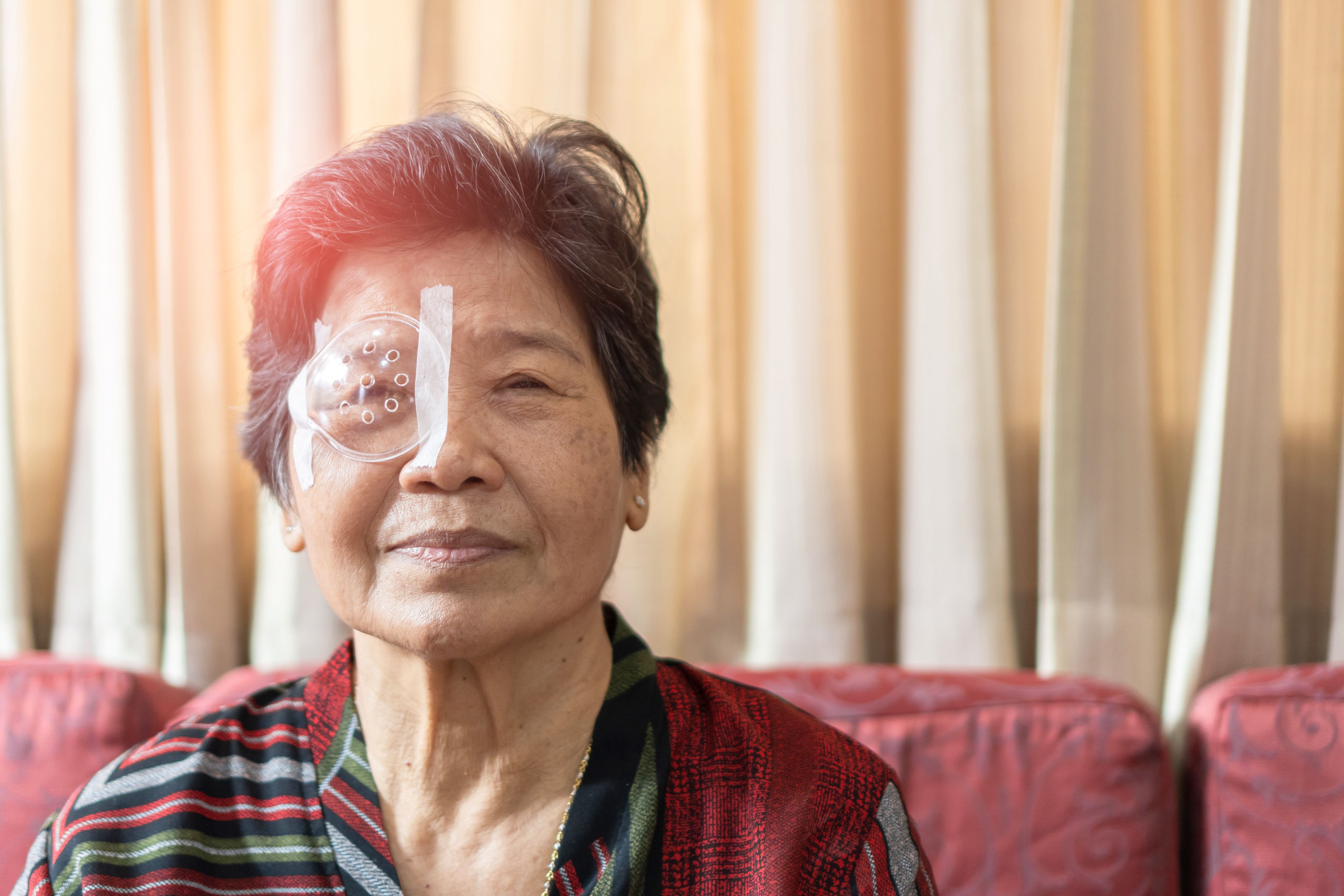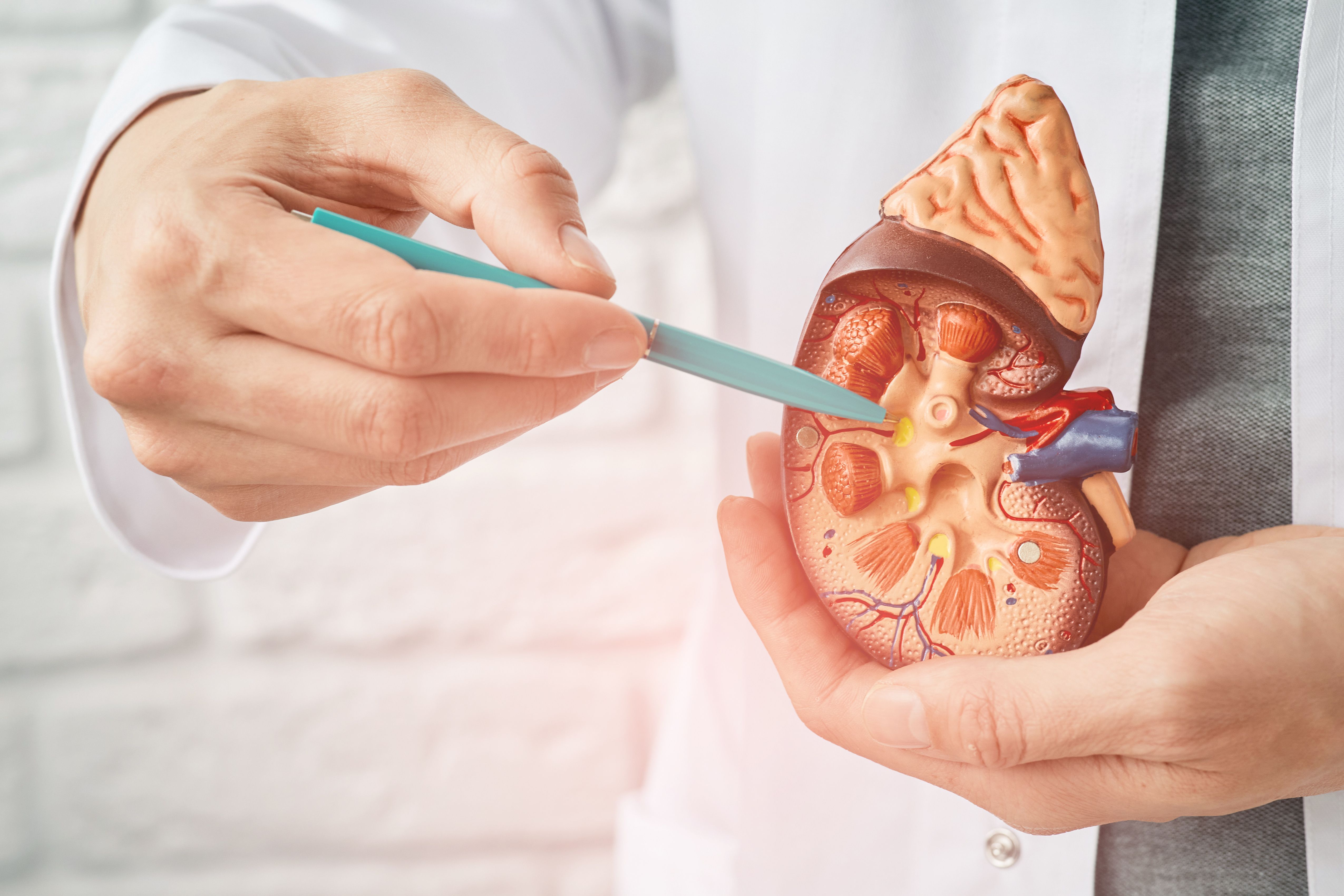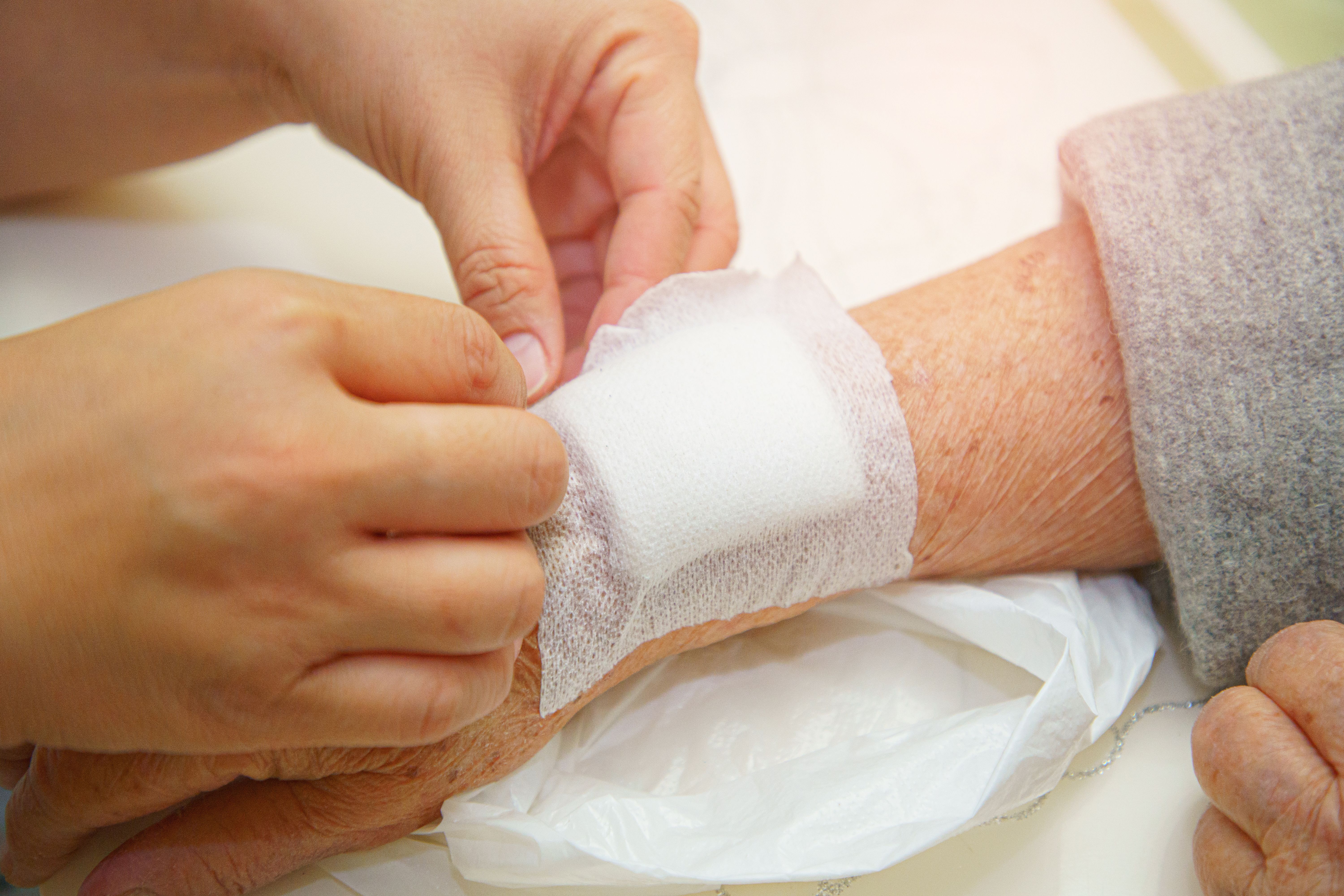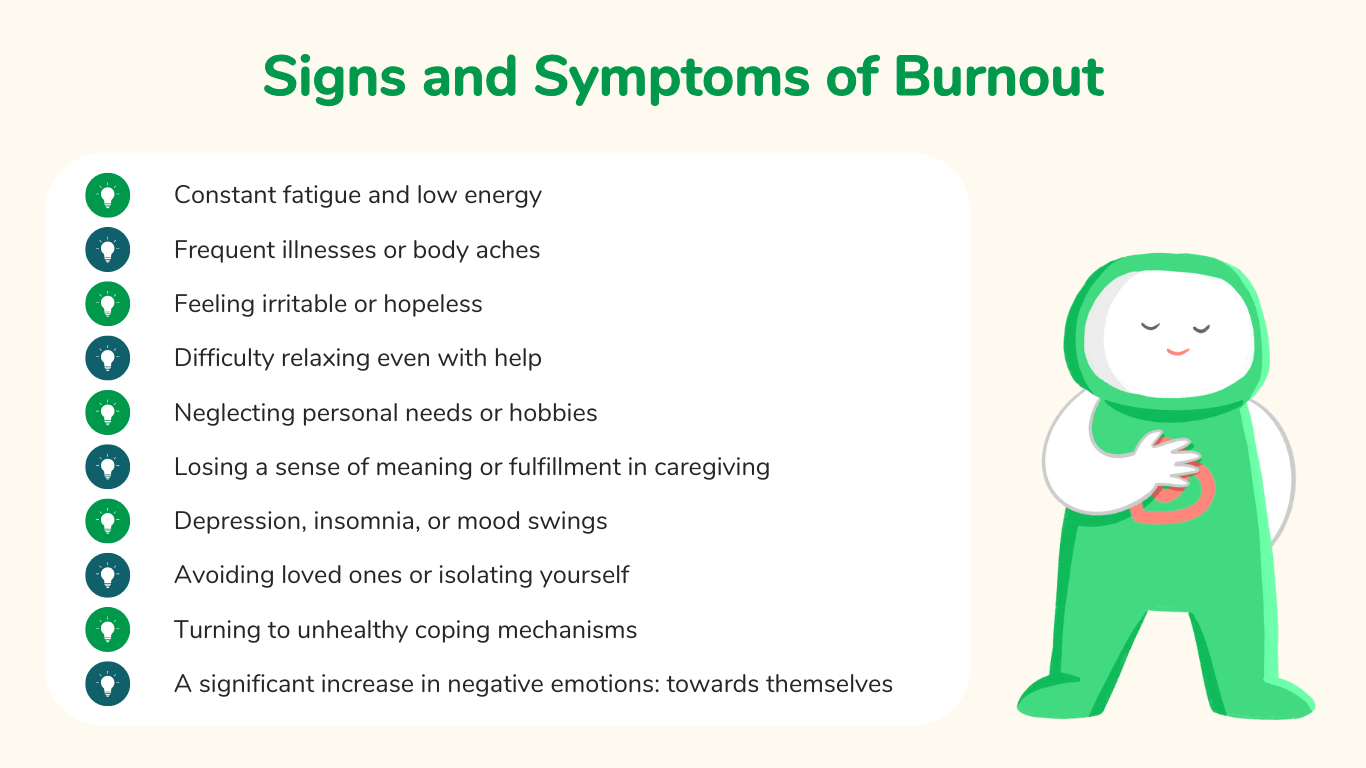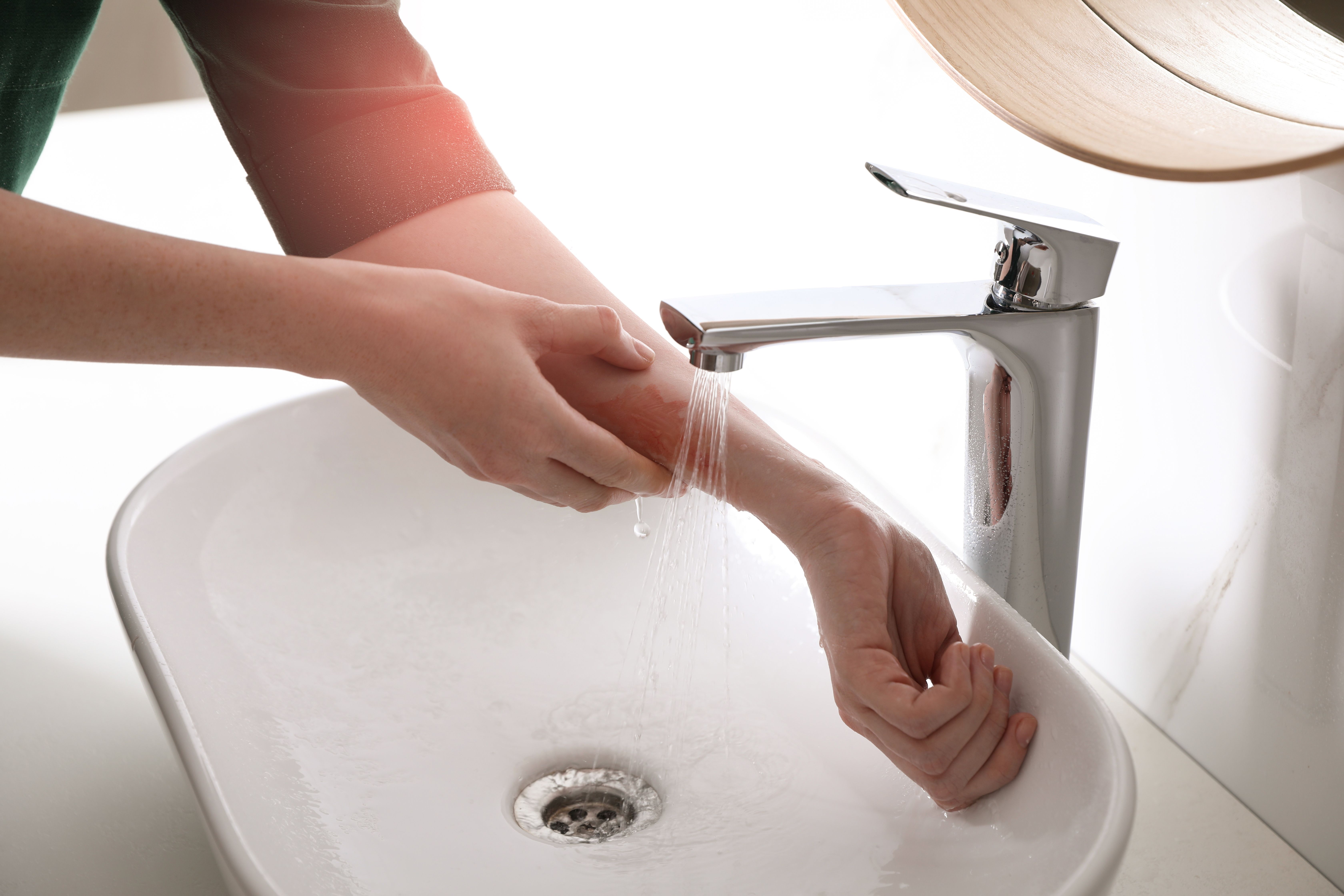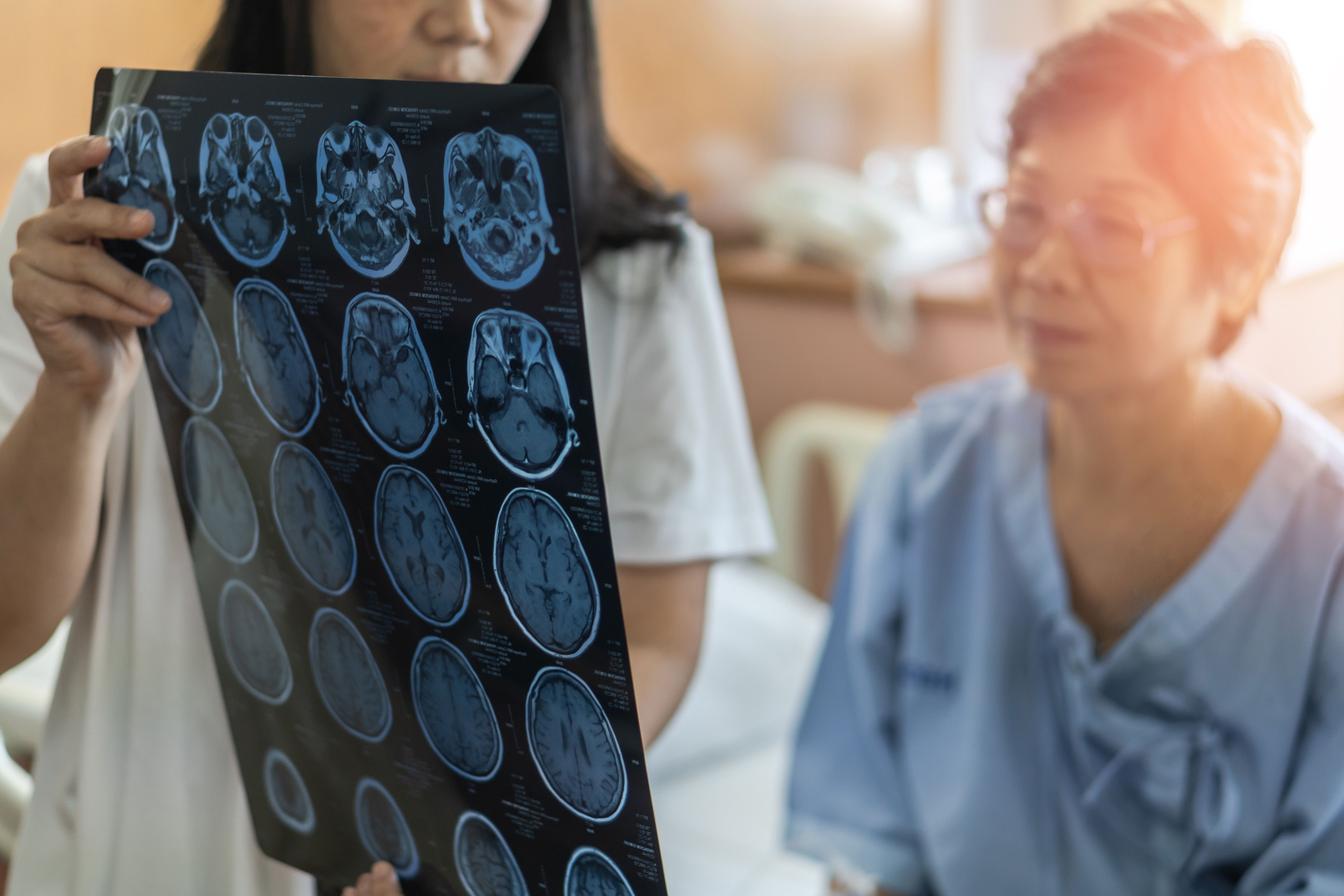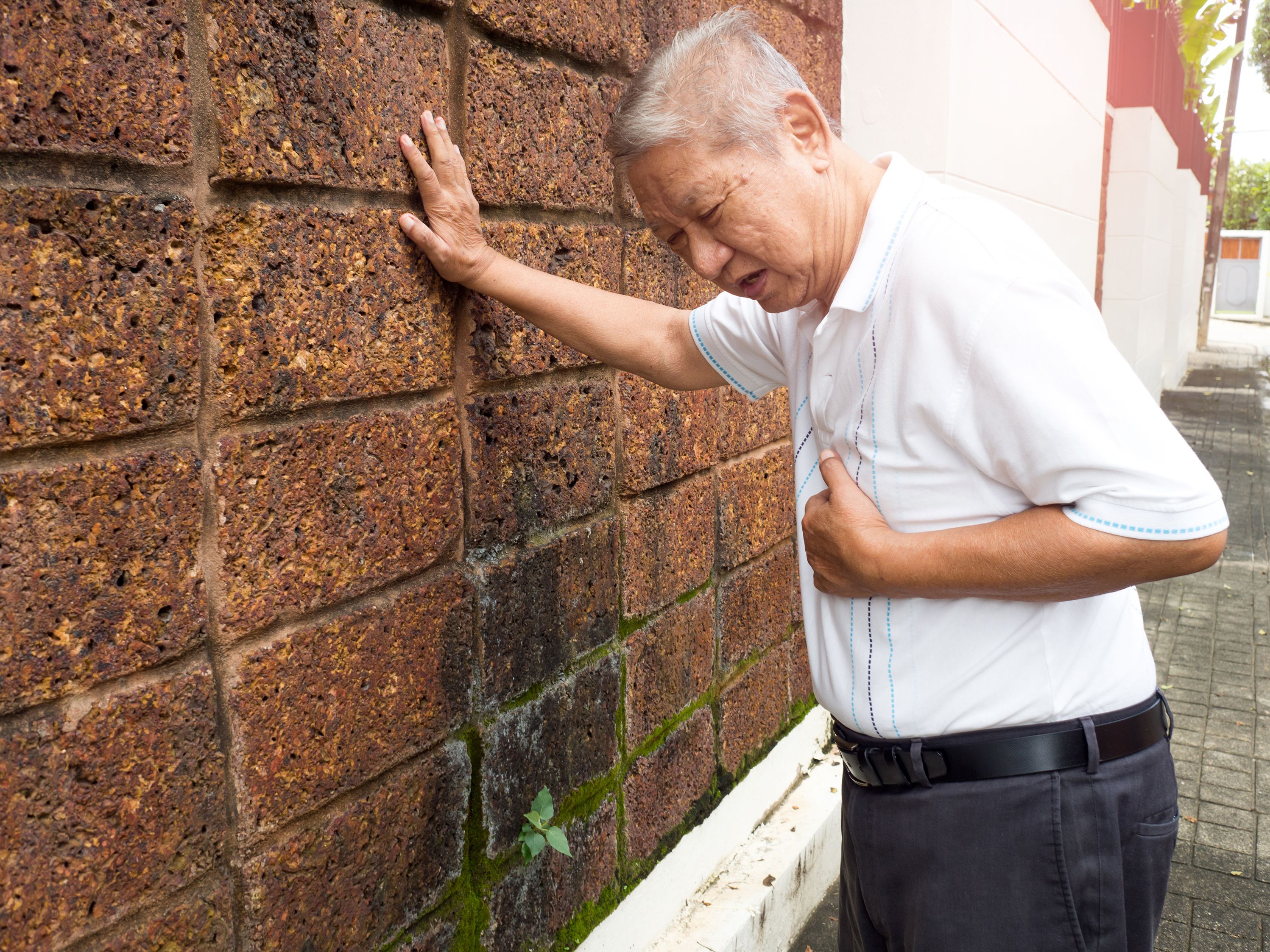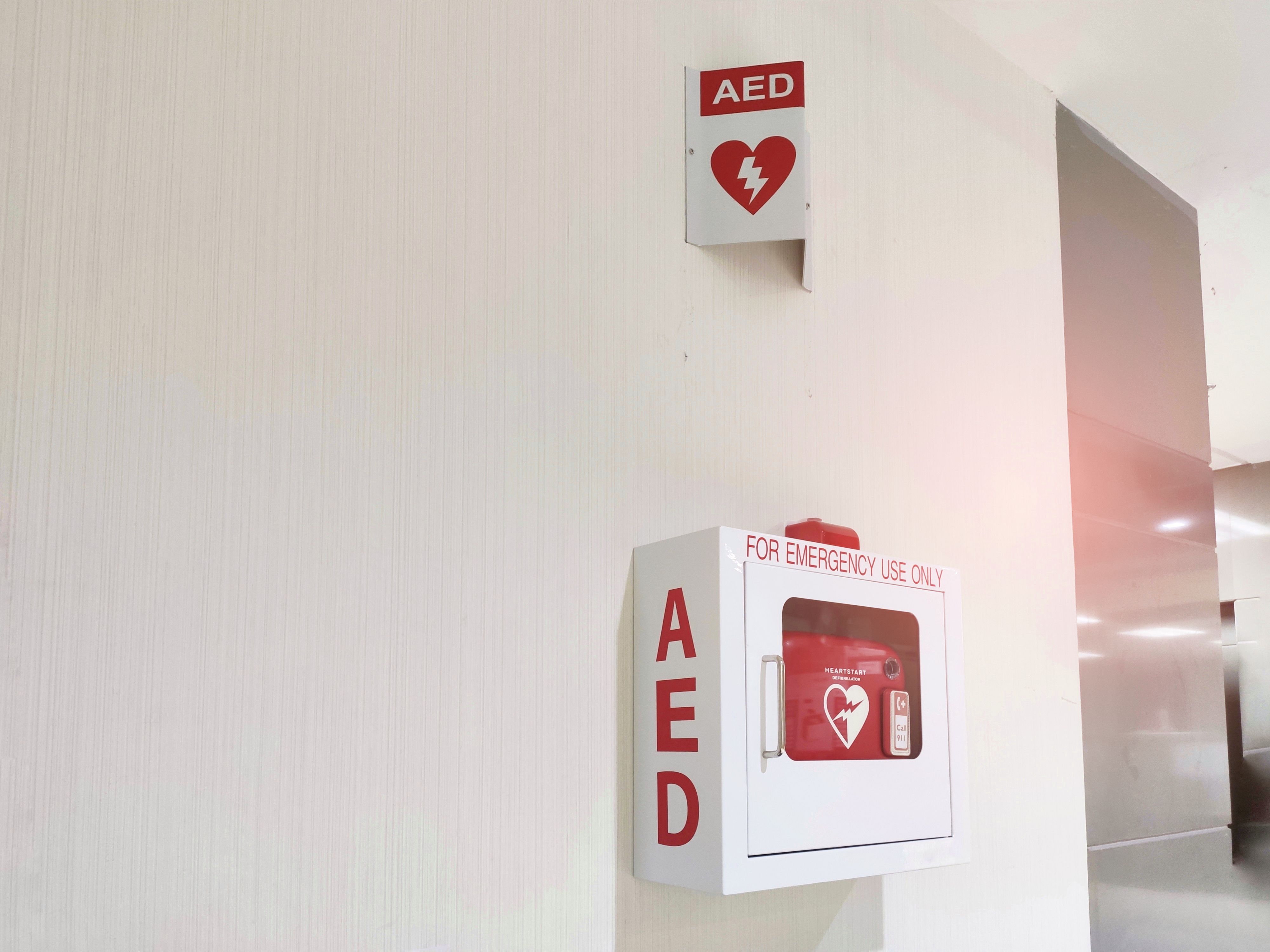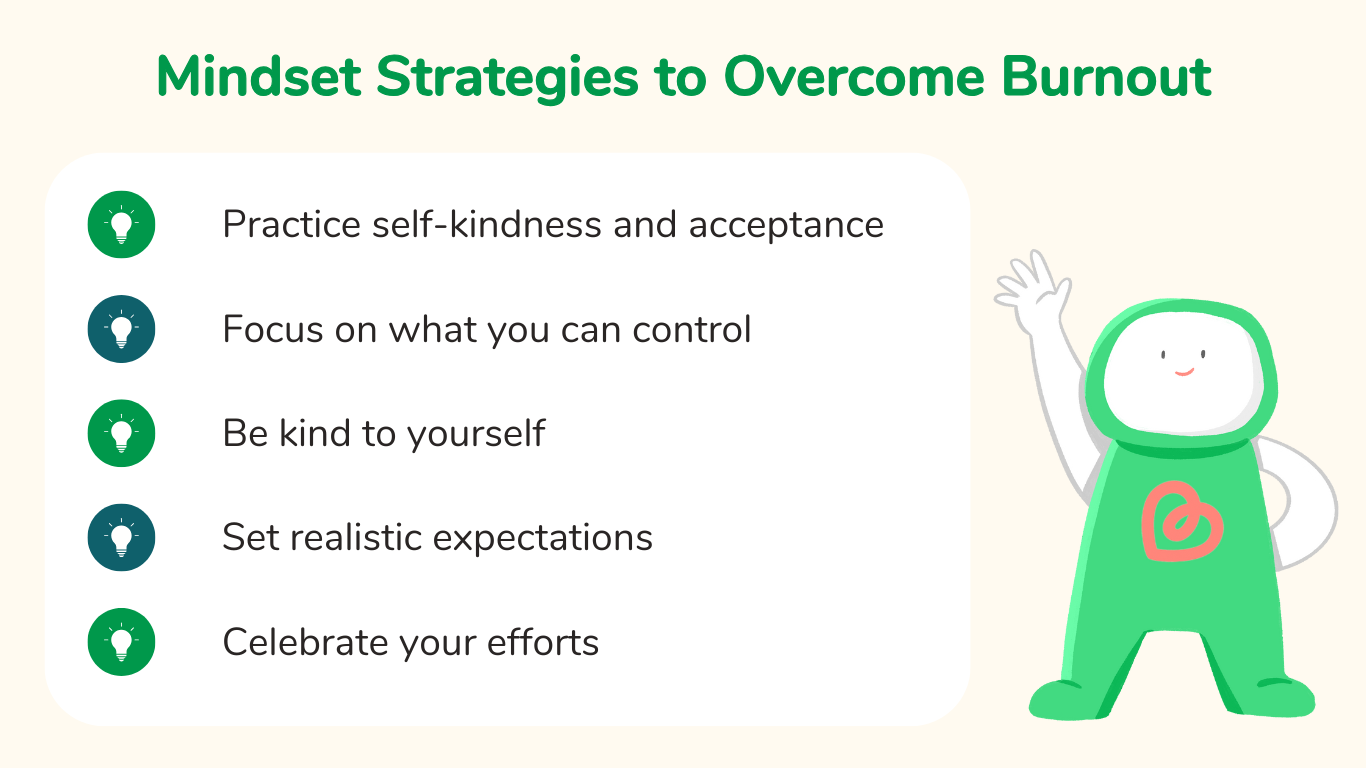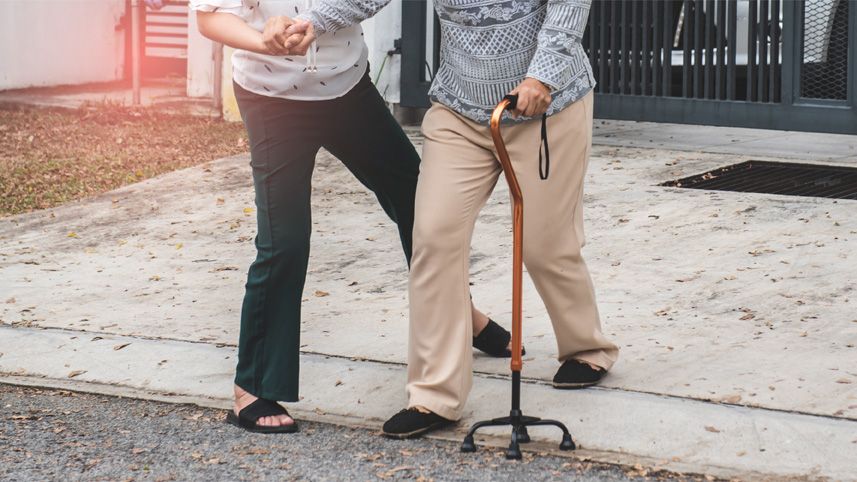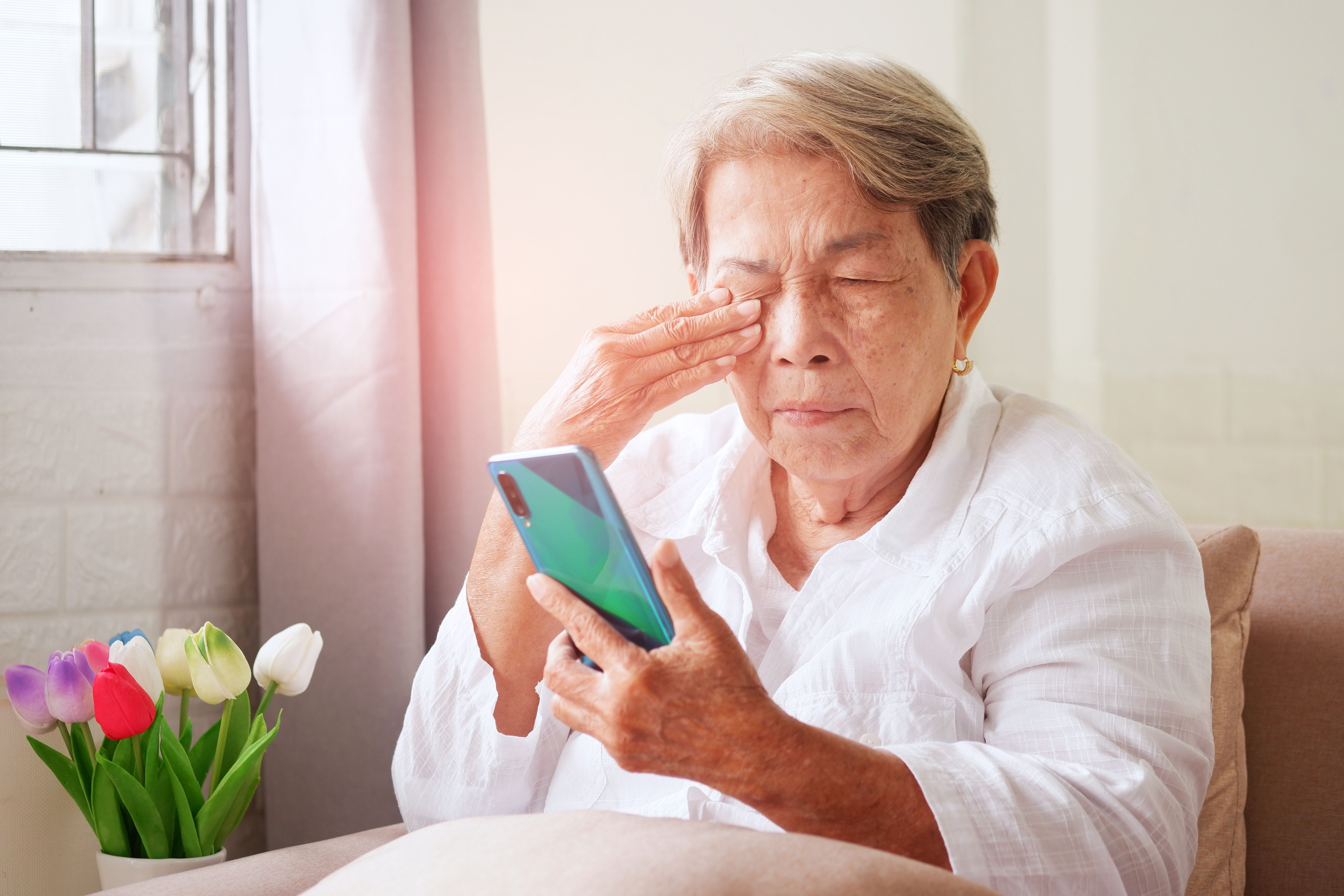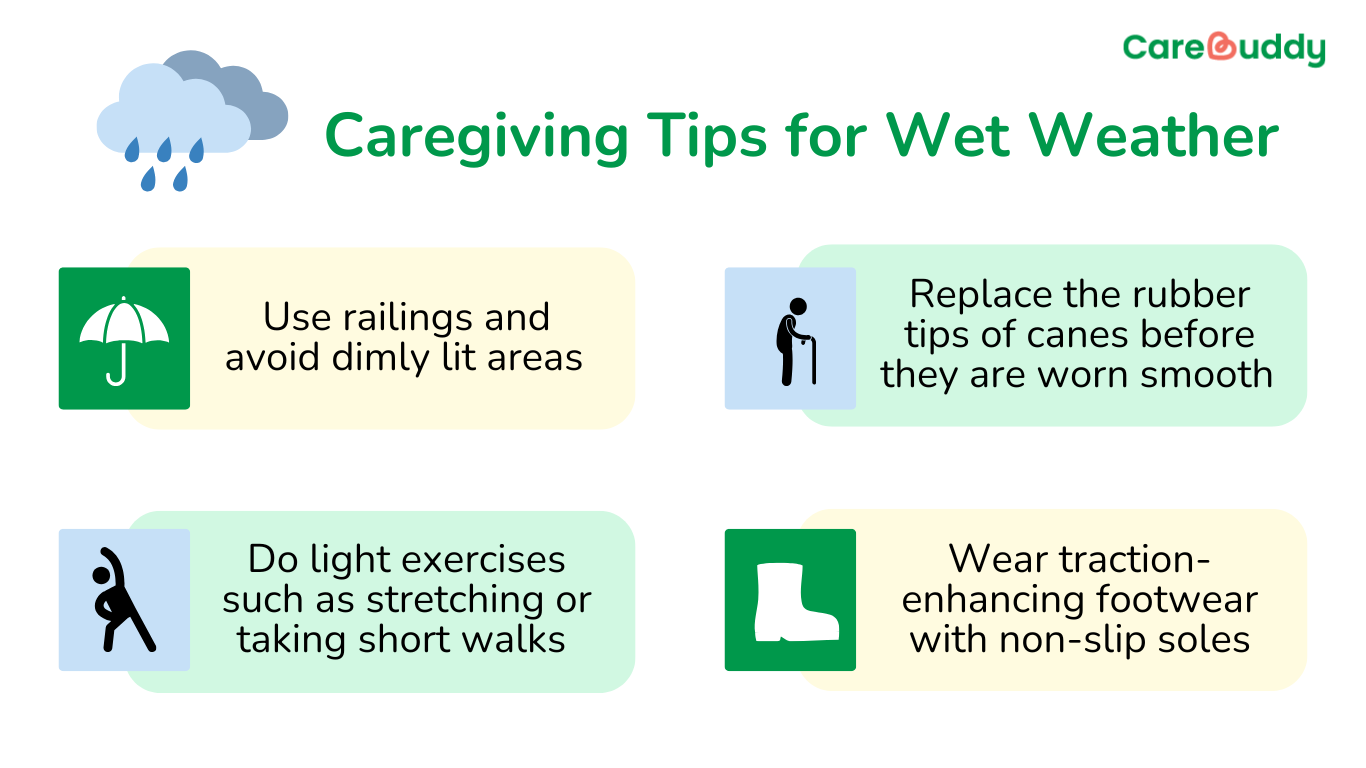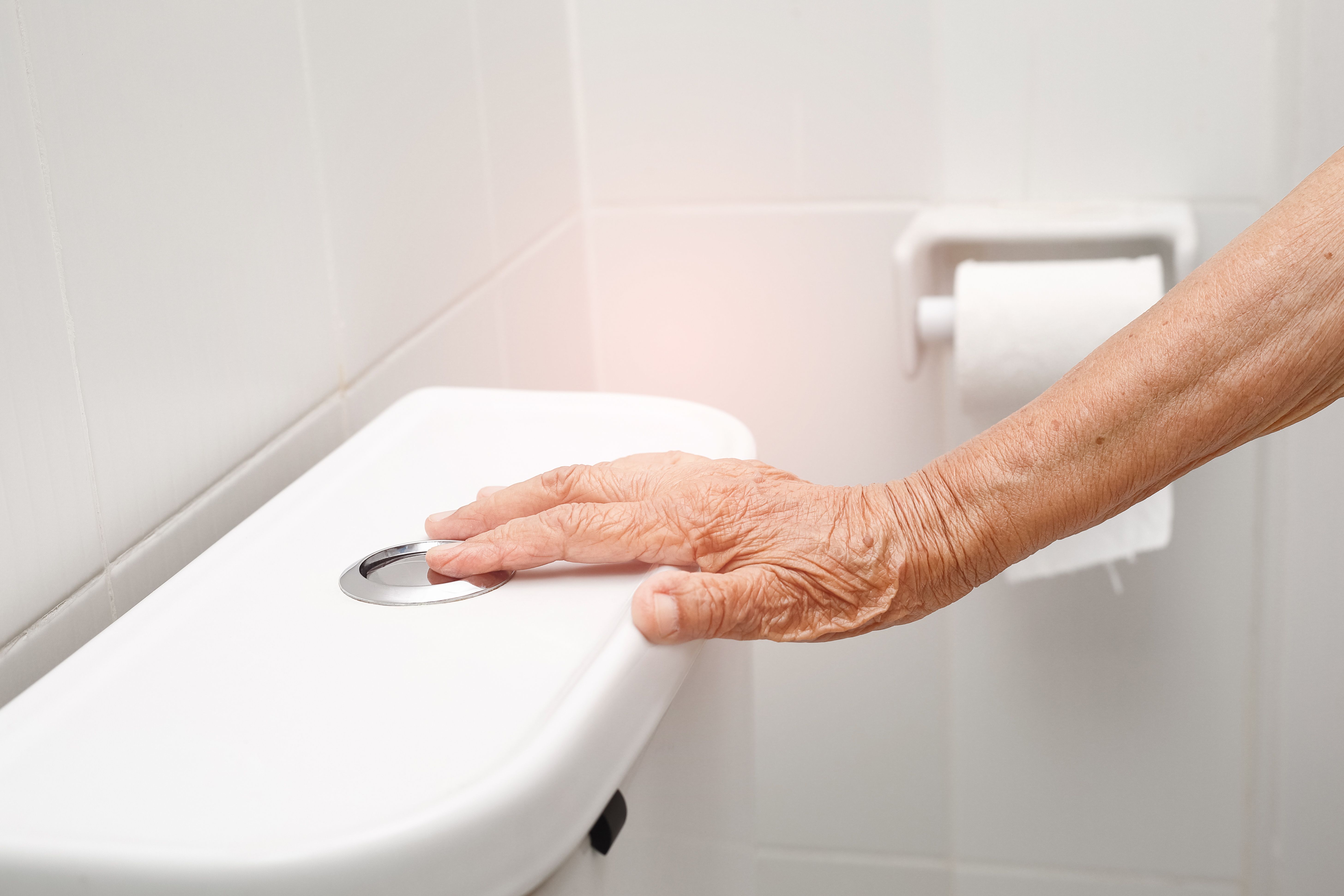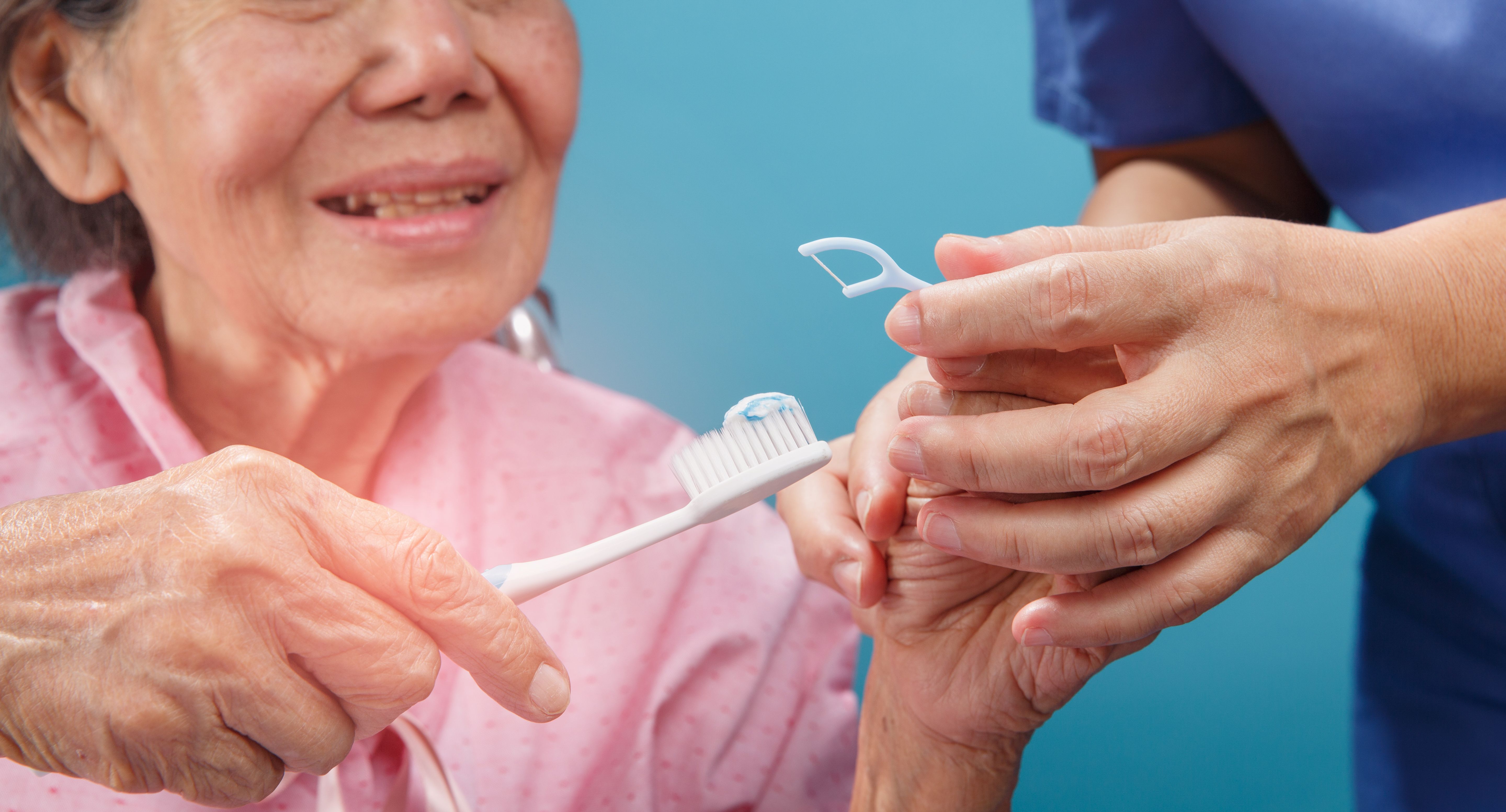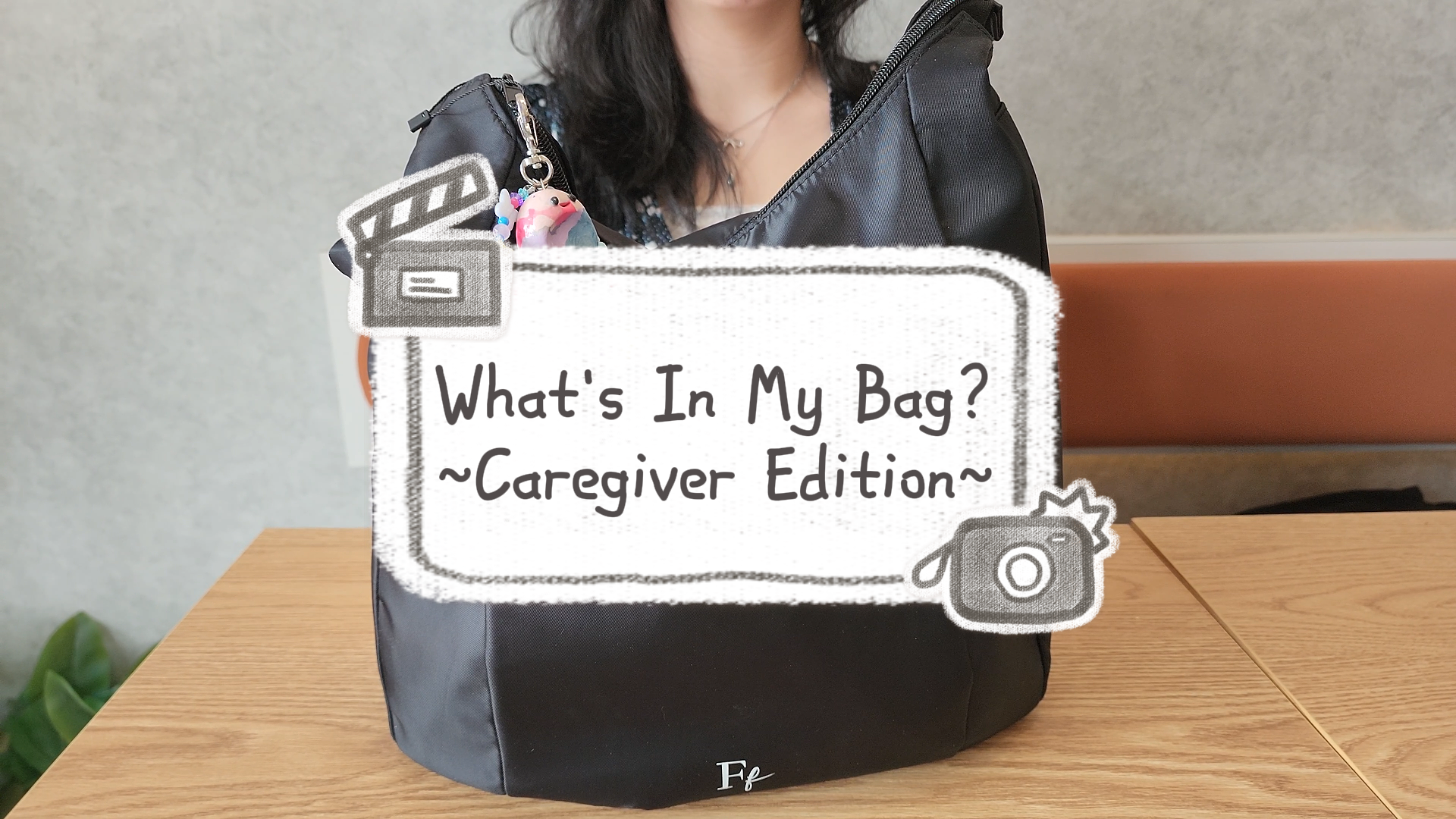Tooth problems in elderly care receivers
- CareBuddy
- 4 Mins Read
- 20 Sep 2022
- Elderly Care

We often see older people who have teeth issues, including some who need to wear dentures (false teeth) as their original teeth have fallen off. But what is it that causes these outcomes?
There are two major tooth conditions affecting the elderly: Tooth decay and gum disease.
Tooth decay
Also known as dental decay, this is the gradual degeneration of teeth. It happens when sugars and starches are leftover on teeth after a meal and bacteria feeds on it, creating a substance known as plaque on the teeth’s surface. The plaque soon starts removing minerals in the teeth, causing decay, reduction of biting force, and eventual tooth loss.
The decay is accelerated by
- A habit of eating sweet and sugary foods
- Lack of regular and thorough brushing of teeth
Symptoms include
- Visible cavities (holes or pits) in the teeth
- Sharp pain while eating or drinking something hot or cold
- Toothache for no apparent reason even when teeth are not in use
- Black, white or brown stains on teeth
- Sensitivity of teeth
Gum disease
Also known as periodontitis, gum disease damages the gums which hold the teeth in place, causing loosening, reduction of biting force and eventual loss of the teeth. This can also be accelerated by sweet foods and inadequate oral hygiene habits.
Symptoms include
- Swollen or puffy gums
- Red or purple gums
- Gum bleeding
- Swelling or pus (thick yellowish liquid) in gum area
- Pain while chewing
- Bad breath
- Loosening of teeth
Preventing and treating tooth decay and gum disease
Some of the same preventive steps are effective for both these dental conditions.
- Ensure that the care receiver brushes their teeth twice a day with fluoride toothpaste.
- Encourage rinsing and flossing habits.
- Take the care receiver to regular dentist appointments.
- Ensure a diet rich in foods good for the teeth and gums
- Fruits and vegetables
- Green and black tea
- Dairy products such as milk, cheese and yoghurt
- Avoid foods that can damage teeth and gums
- Sweets and chocolates
- Sticky foods such as candies
- Starchy foods such as chips that can get trapped in the teeth
- Sugary drinks
Likewise, both these conditions can be treated by
- Fluoride treatments that kill bacteria, strengthen enamel and prevent damage from plaque
- Antibiotics that kill bacteria
- Surgery
- Dentures (false teeth)
Other oral issues of elderly care receivers
- Reduction of saliva secretion may cause
- Decline of digestive function
- Bad breath
- Taste buds become less sensitive to tastes.
Many caregivers tend to de-prioritise teeth issues as they prioritise caring for organs such as the heart, lungs or kidney. There are good reasons for that, as conditions in these organs are life-threatening. But please do keep the teeth in mind as you care for an elderly care receiver, as teeth play a big role in maintaining a good quality of life.
Article reviewed by David Tay, Senior Principal Educator (Nursing and Prehospital Care), HMI Institute.

